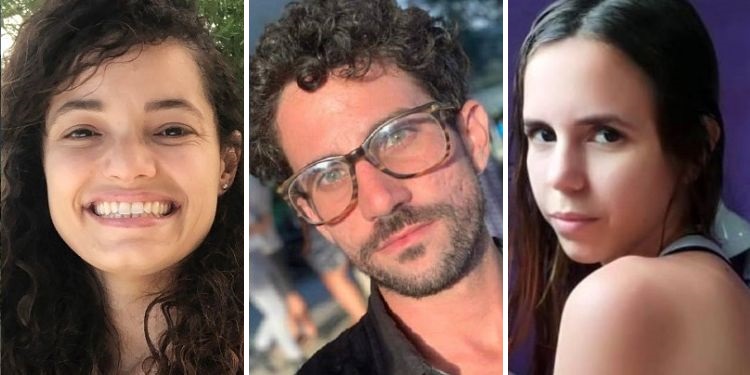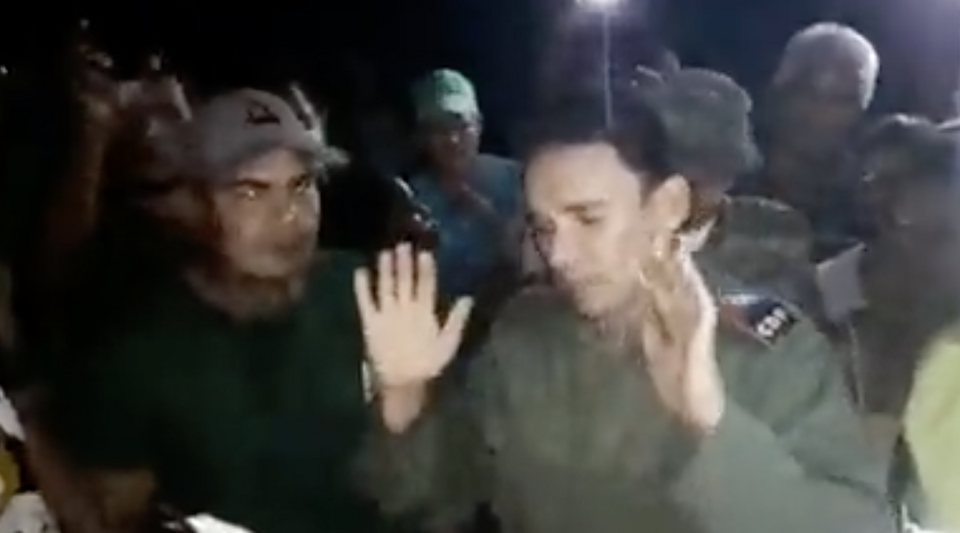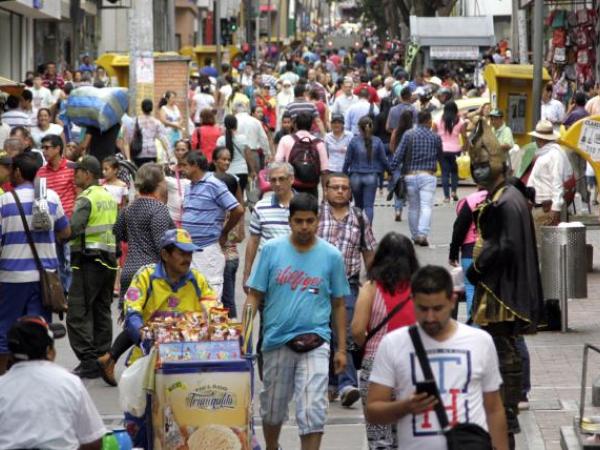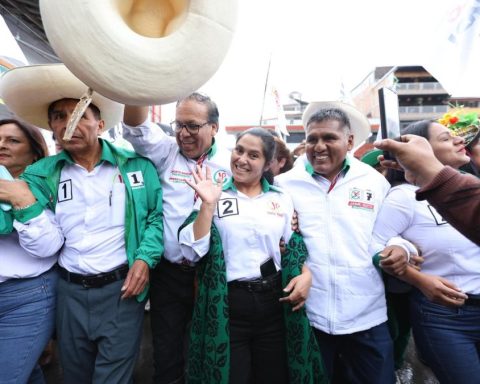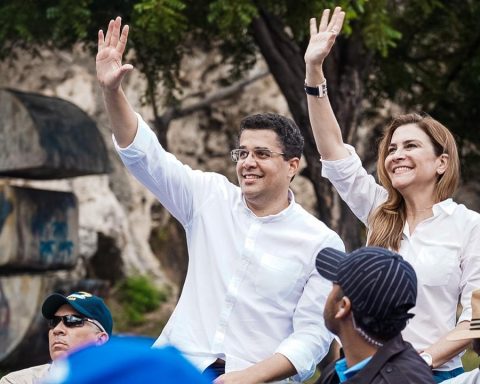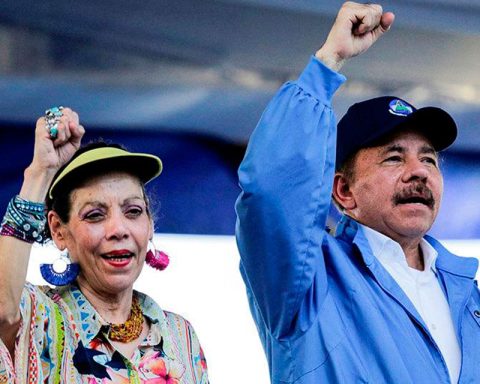MEXICO CITY. – “I will not be allowed to leave the country until I meet certain conditions required by State Security, including the commitment to no longer collaborate with this platform or another not linked to officialdom,” he wrote on his social networks, at the end of August , the journalist from The touch Jose Leandro Garbey.
A day later, his colleague Meilin Puertas Borrero replied to the action: “They force me to leave The touch no longer work in another alternative medium, and keep, almost therefore, my title under a mattress”.
With them, a wave of resignations began in the medium, which today has 16 fewer collaborators.
In the cases of The touchthe resignations came after the refusal of the authorities to allow six members of the staff, who were going to attend a journalism event in Argentina. After the group regulation, pressures came on these and other members of the team, including reporters and illustrators.
The new Cuban Penal Code contains 32 crimes that threaten freedom of expression in physical and virtual spaces. In addition, specifically in its article 143, it contemplates penalties of between four and 10 years in prison for receiving foreign funds, such as those used by independent media to support themselves and pay their team.
forced resignations
Even before coming into force, the legal text is at the center of the current wave of repression that the press in Cuba is suffering, and which has caused a whirlwind of resignations. In recent months, more than two dozen journalists have given up continuing their work within the unofficial media or activism initiatives linked to communication. Of these, most have been forced to write a public text on their networks explaining their reasons.
State Security itself has asked them to specify that they are resigning because they were ordered to do so, in exchange for not being prosecuted or being allowed to leave Cuba. The prohibition of going abroad is a resource that the Government uses indiscriminately and indefinitely against citizens who dissent or inform.
In this regard, the Cubalex legal advice center Explain that the State has a recurring practice of violating the right to freedom of movement established in the Universal Declaration of Human Rights, the International Covenant on Civil and Political Rights and the Cuban Constitution itself.
Although the stampede in The touch It has been the most numerous, previously State Security had applied the same method against reporters from other media. For example, Nelson Julio Alvarez Mairata (CubaNet) Y Cynthia de La Cantera (yucabyte) were also forced to write similar disclaimers.
from the quarry made public her forced retirement on July 24, 2022, after sustained harassment of her and her partner for two years. The journalist explained that, due to the harassment, they suffered episodes of depression, stress and associated physical symptoms all that time, in addition to the fact that the harassment affected every aspect of her daily life.
“When there is a surveillance on you, you think everything twice; you take care of what information you share with friends and where you can legally buy meat.” This is how De La Cantera synthesizes the state of hyperalertness that the harassment has caused him. “Harassment is living thinking that at any moment they are going to knock on your door and they are going to take you away,” he sums up.
immediate impact
Regarding the short-term effects that this avalanche of resignations will have on Cuban journalism, lawyer Eloy Viera, director of The Legal Touchcomments that without a doubt we can already speak of an immediate impact, which translates into the dismantling of the newsrooms within the Island.
The communicator believes that this will force the media to reorganize and take a set of measures such as the use of pseudonyms and take greater care of the traceability of the funds they use. “Thinking about transparency and the characteristics of democratic spaces for the media is a chimera, because it is clear that people live on the Island as if they were at war; then, it is necessary to reinvent itself according to the Cuban context”, he affirms.
Cubalex, in a pronouncement On the wave of harassment of reporters, he stressed that “when a journalist is prevented from carrying out his work, not only is freedom of the press violated, but the right of access to information of the entire society is affected.”
Since the public resignation of De la Cantera in July of this year, more than twenty journalists have given up continuing their work on independent platforms, which has reduced the number of members in the field of various media outlets.
However, regarding the medium and long-term impact that the wave of resignations may have on journalism, Eloy Viera is optimistic: “Censorship and repression are a mechanism that have always been used to control journalism, activism or any other activity that the Cuban regime understands as dissident, but history has shown that a repressive wave is followed by a period of withdrawal and another of reactivation. Our generation of journalists was the replacement for a previous generation. Then a new group joined ours, which is being repressed today.”
The lawyer is confident that new groups will join the work, whether they are journalists by training or citizens. “I don’t think the network of media in Cuba will disappear due to a wave of repression like this one. In the long term there will be a new generation”, he concludes.
Article originally published in presslibrecubalibre.org
Receive information from CubaNet on your cell phone through WhatsApp. Send us a message with the word “CUBA” on the phone +1 (786) 316-2072, You can also subscribe to our electronic newsletter by giving click here.
